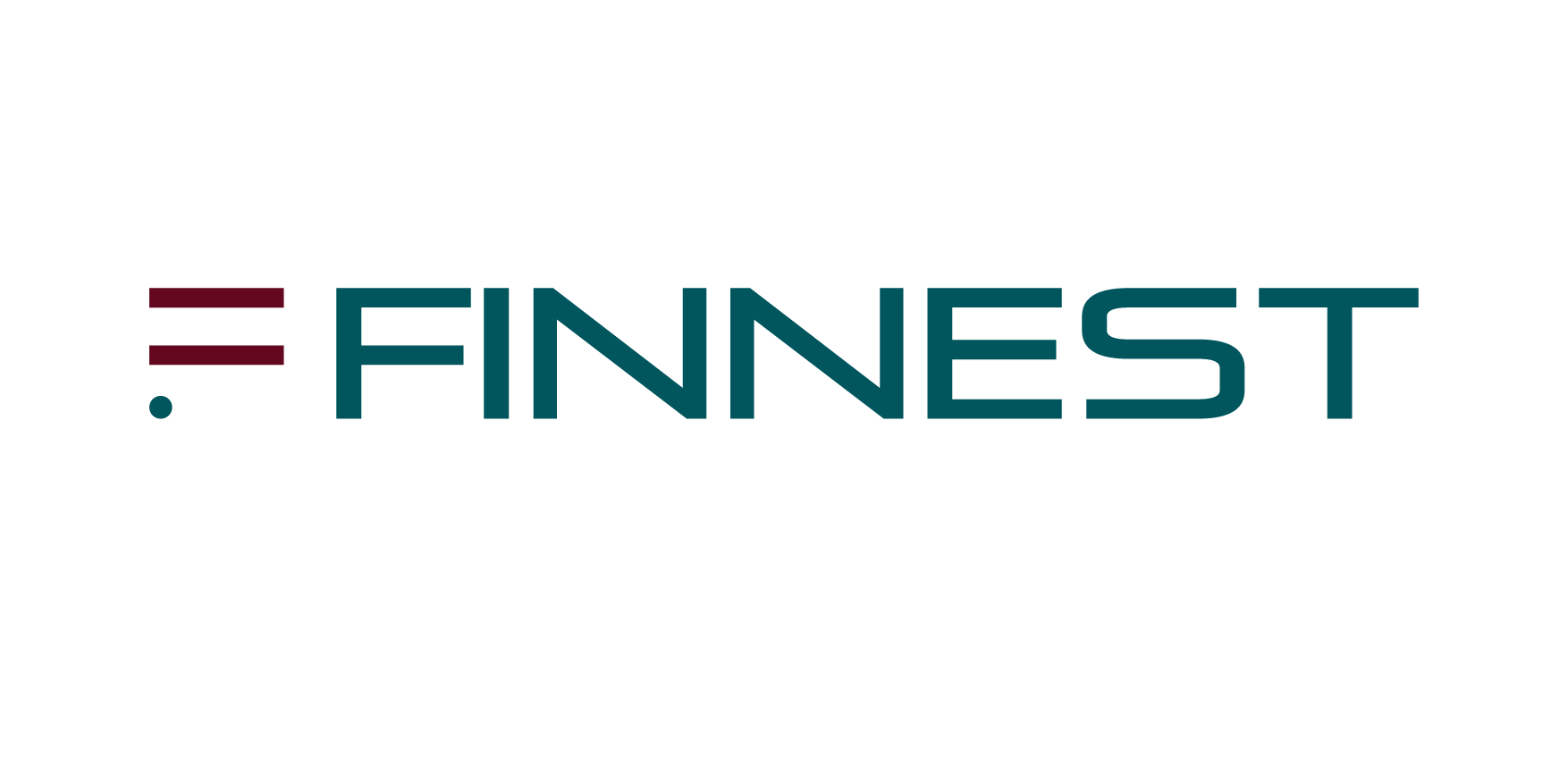Introduction
In 2025, the dream of studying abroad is stronger than ever for Indian students—from metro cities to tier-2 towns. But with rising demand comes a flood of consultants, agencies, and “visa experts” promising easy admissions and fast-tracked visas. The truth? Not all consultants are equal, and choosing the wrong one could cost you time, money, and even your student visa.
A trusted study abroad consultant does more than fill out your application—they help you build a realistic, financially sound plan that embassies approve and universities welcome. From selecting the right course and country to understanding visa requirements and financial proof, your consultant should be a true guide, not a commission agent.
In this guide, we’ll walk you through the 7 essential questions every Indian student should ask before signing up with any study abroad consultant. Whether you’re applying to Canada, the UK, Australia, or anywhere else, this checklist will help you spot red flags, find real support, and move forward with confidence.
Why a Consultant Matters More Than You Think
For many Indian students, studying abroad isn’t just about education—it’s about transforming their future. But between complex visa rules, ever-changing financial requirements, and thousands of course options, the process can feel overwhelming.
This is where a study abroad consultant becomes more than just a service provider—they become your decision-making partner.
Here’s why choosing the right one matters:
- Visa Rejections Are Costly and Common:
One wrong document or misrepresented financial proof can lead to a visa denial. A knowledgeable consultant helps you avoid these pitfalls. - Financial Planning Is Often Overlooked:
Many consultants focus only on getting you into a college, ignoring whether you can realistically fund the journey. This leads to last-minute stress, legal issues, or worse—dropping out. - Not All Consultants Are Neutral:
Some push students toward institutions where they earn commissions, not what’s best for your profile or budget. The right consultant helps you choose based on fit, not fees. - Rules Change Fast:
What worked for a student last year might not apply today. Trusted consultants stay up-to-date on embassy policies, currency regulations, and new funding models.
At its best, a consultant offers clarity, structure, and peace of mind. At its worst, the wrong one can jeopardize your plans.
7 Must-Ask Questions Before Choosing a Study Abroad Consultant
These seven questions will help you separate genuine advisors from commission-driven agents. Take notes—you’ll thank yourself later.
1. Are They Transparent About Their Fees and Services?
A good consultant won’t shy away from listing all costs upfront. If you hear vague answers like “we’ll discuss later” or “it’s included,” that’s a red flag. Transparency is the first sign of professionalism.
2. Do They Help With Financial Planning or Just Applications?
The best study abroad consultants don’t stop at university selection—they walk you through budgeting, loan eligibility, proof of funds, and even currency regulations. If they can’t help you plan your finances, they’re only doing half the job.
3. Are They Certified or Tied to Recognized Institutions?
Look for affiliations with regulatory bodies, embassy partnerships, or institutions like British Council, ICEF, or IDP. Certifications signal credibility—and accountability.
4. Do They Offer Personalized Country and Course Advice?
One-size-fits-all guidance doesn’t work. Your consultant should factor in your academic background, financial situation, long-term goals, and even visa success rates to help you choose the best-fit country and program.
5. Can They Guide You on Visa Requirements and Proof of Funds?
A real consultant knows visa documentation inside-out—including embassy-specific nuances. They’ll help you prepare legal, accepted financial documentation that satisfies immigration officials, not just admissions teams.
6. Do They Push You Toward Certain Colleges for Commissions?
Ask bluntly if they earn commissions from institutions they recommend. Ethical consultants will disclose this—and offer alternatives that suit your needs, not just theirs.
7. Can They Support You After Admission—Like Loans or Show Money?
What happens after you receive the offer letter? A true end-to-end consultant will help you secure education loans, manage visa-proof funds, and prepare financial paperwork for embassy interviews.
How Finnest is Different: Financially-Smart Consulting
Most study abroad consultants stop where Finnest begins.
While traditional agencies focus on applications and admissions, Finnest is designed to solve the financial piece of the puzzle—the part that actually decides your visa approval.
Here’s what sets us apart:
We don’t sell colleges. We support your choices.
Finnest doesn’t earn commissions from institutions. Our goal is to make your dream feasible—not push you into preset partnerships.
Visa-friendly financial planning is our core offering.
We help you calculate realistic expenses, meet embassy fund requirements, and avoid costly mistakes like underreporting or incorrect fund sources.
Show money, education loans, and post-admission support—covered.
From legitimate show money assistance to collateral-free loan options and visa-ready financial documentation, we offer full-stack financial support for your study abroad journey.
Tech-enabled, yet deeply personal.
Finnest blends digital convenience with one-on-one expert guidance. Our dashboard keeps your documents organized, deadlines tracked, and funds optimized—without losing the human touch.
In short, we’re not a typical consultancy—we’re your financial strategy partner.
Red Flags to Watch Out For
Not all that glitters is gold. Here are the warning signs that your study abroad consultant may not have your best interests in mind:
Guaranteed Admission or Visa Promises
No consultant can promise a visa or guaranteed admission—these decisions lie with embassies and institutions. Be cautious of anyone making such claims.
Lack of Financial Clarity
If the consultant avoids talking about the actual cost of living, doesn’t help you plan for proof of funds, or isn’t aware of visa-related financial norms—they’re not prepared to guide you properly.
No Support After Admission Letter
If their service ends at your offer letter, you’ll be left stranded during the most critical phase—visa documentation, fund transfers, and embassy interviews.
Only Suggesting Tied-Up Universities
If all recommendations circle back to the same few institutions, you’re likely being routed for their benefit, not yours.
Vague or Verbal Fee Agreements
Insist on written breakdowns of consultancy fees, value-added services, and refund policies. Avoid anyone who dodges paperwork.
Conclusion: Choose Wisely—Your Future Depends On It
Choosing a study abroad consultant isn’t just another step in the process—it’s a critical decision that impacts your admissions, finances, and visa approval.
In 2025, with stricter embassy requirements and rising tuition costs, you need more than a middleman. You need a partner who understands the financial realities, helps you prepare holistically, and puts your long-term goals first.
At Finnest, we’re not just consultants—we’re your financial co-pilots for global education. Whether it’s planning your budget, preparing your proof of funds, or guiding you on country-specific rules, we make sure you’re ready, legally and financially.
Ready to Choose Smarter? Let’s Talk.
Book a free consultation with a visa finance expert
Discover how Finnest supports students beyond just admissions
Learn how to prepare legal, embassy-friendly financial documentation
Your future is too important to leave in the hands of guesswork. Choose transparency. Choose expertise. Choose Finnest.
Frequently Asked Questions
1. How do I know if a study abroad consultant is legitimate?
Check for certifications, client reviews, transparent pricing, and whether they’re tied to authorized bodies like the British Council, ICEF, or university partnerships. Avoid consultants who make bold promises without documentation.
2. Should I choose a consultant that offers scholarships or loan tie-ups?
Yes, but only if they provide unbiased advice. A good consultant should help you compare options across banks, NBFCs, and funding agencies—not push one product for commission.
3. Is it okay if my consultant charges a fee?
Absolutely—as long as the fees are clearly stated, reasonable, and aligned with the services offered. Be wary of hidden costs or verbal-only agreements.
4. Can a consultant help with proof of funds or visa financial documentation?
Yes, and this is where experts like Finnest stand out. A good consultant should help you organize and prepare legal, embassy-accepted financial proofs for your visa process.
5. What should I do if my consultant is only recommending a few colleges?
Ask if those colleges are tied to commission structures. Seek out consultants (like Finnest) who recommend universities based on your academic profile, budget, and visa success rates—not just financial incentives.




